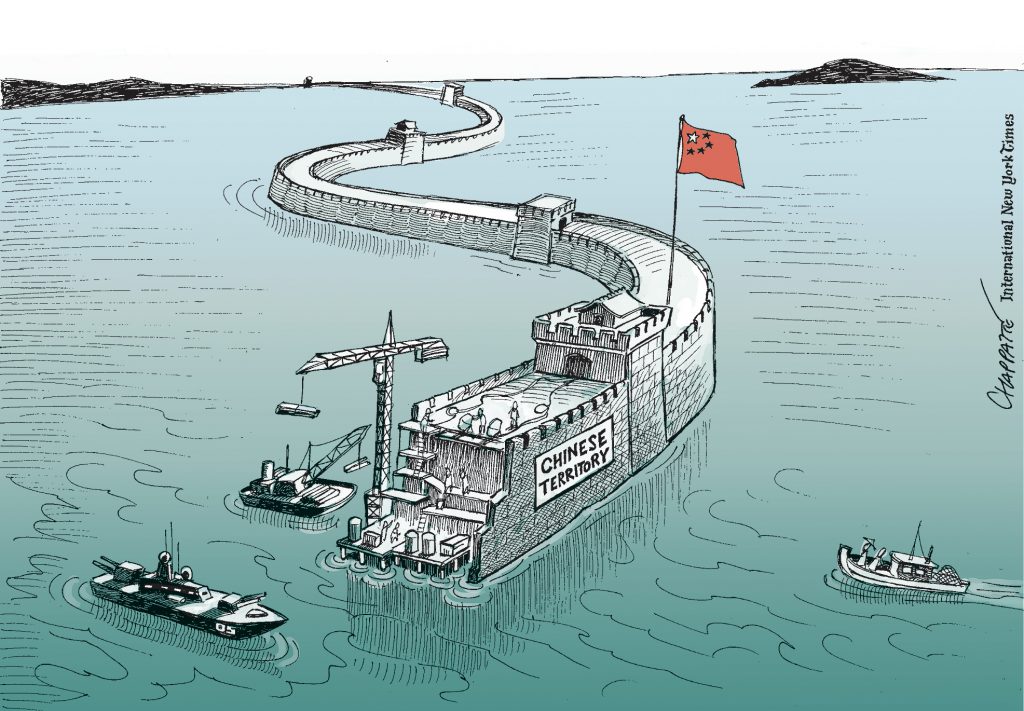Rescuing Human Rights: Challenges of Identity and Diversity in a Context of Democratic Backsliding
BOX: Main Human Rights Norms for Minorites
After the major geopolitical change brought about by the fall of the Berlin wall, the evolution of the international law of human rights reflects the idea that minorities need to be protected through specific standards, thus departing from the prevailing ideology since the creation of the United Nations that was hesitant to recognise group rights and favored instead a universal attribution of rights to all individuals. The minority question was thus reactivated, especially in Europe when the Organisation for the Security and Co-operation in Europe (OSCE) adopted the so-called “Declaration of Copenhagen”, known as the European Charter for Minorities. The Declaration affirmed that respect for the rights of individuals belonging to national minorities is an essential aspect of peace, justice, stability and democracy, and that persons belonging to such groups should have, among others, the right “to express, preserve and develop their ethnic, cultural, linguistic or religious identity and to maintain and develop their culture in all its aspects, free of any attempts at assimilation against their will” and also the right “to use freely their mother tongue in private as well as in public”. Even though this document only included a declaration of principles and there was no agreement on how to implement them effectively, it represented symbolic progress, since problems related to the accommodation of cultural diversity in democratic societies were at least explicitly acknowledged. Later on, in 1992, the same organisation created a High Commissioner on National Minorities in order to respond to the challenge of ethnic conflict. Even though his functions are of a nature more political than legal, the High Commissioner has played a significant role in addressing difficult cases involving minorities in highly divided societies, setting minimum standards and encouraging negotiations and policy reforms.
Minority protection has also become a priority for other international organisations besides OSCE, especially after the rise of ethnic conflicts that led to the war in Yugoslavia, leading to the approval by the UN in 1992 of Resolution 47/135, which contains the Declaration on the Rights of Persons Belonging to National or Ethnic, Religious and Linguistic Minorities. But the most significant general minority rights provision within the universal UN framework is Article 27 of the International Covenant on Civil and Political Rights (ICCPR), which protects the right of members of ethnic, religious or cultural minorities to preserve their own culture, use their language and practice their religion. This article has enabled the UN Human Rights Committee and some national courts to provide protections for minority groups.
The same Covenant also acknowledges (Article 1) the right of peoples to self-determination worded as a collective rights provision.
The 2007 UN Declaration on the Rights of Indigenous Peoples (A/RES/61/295) was a great achievement after decades of debates and negotiations. Several provisions explicitly recognise collective rights (directly attributed to indigenous peoples, rather than to their individual members. The declaration thus represents a significant step forward in consolidating the rights of peoples, insofar as it not only expressly prohibits genocide, forced assimilation, discrimination and the exploitation of indigenous individuals, but also directly attributes to indigenous people rights that have to do with territory, resources and self-government.
Indeed, among many other rights, indigenous peoples are directly attributed, in contrast to the rights individually assigned to their members, the right to self-determination (Article 3), the right to land, territories and resources that have traditionally been owned, occupied or used (Article 26.1), the right to self-government (Article 4), the right to preserve and strengthen their own political, legal, economic, social and cultural institutions (Article 5), and the right to manifest, practice, develop and teach their traditions, customs, and spiritual and religious ceremonies (Article 12).
Neus Torbisco Casals
Visiting Professor of International Law and Senior Research Fellow at the Albert Hirschman Centre on Democracy, The Graduate Institute, Geneva
Faculty member at the Geneva Academy of International Humanitarian Law and Human Rights
Associate Professor of Law at Pompeu Fabra University, Barcelona.



